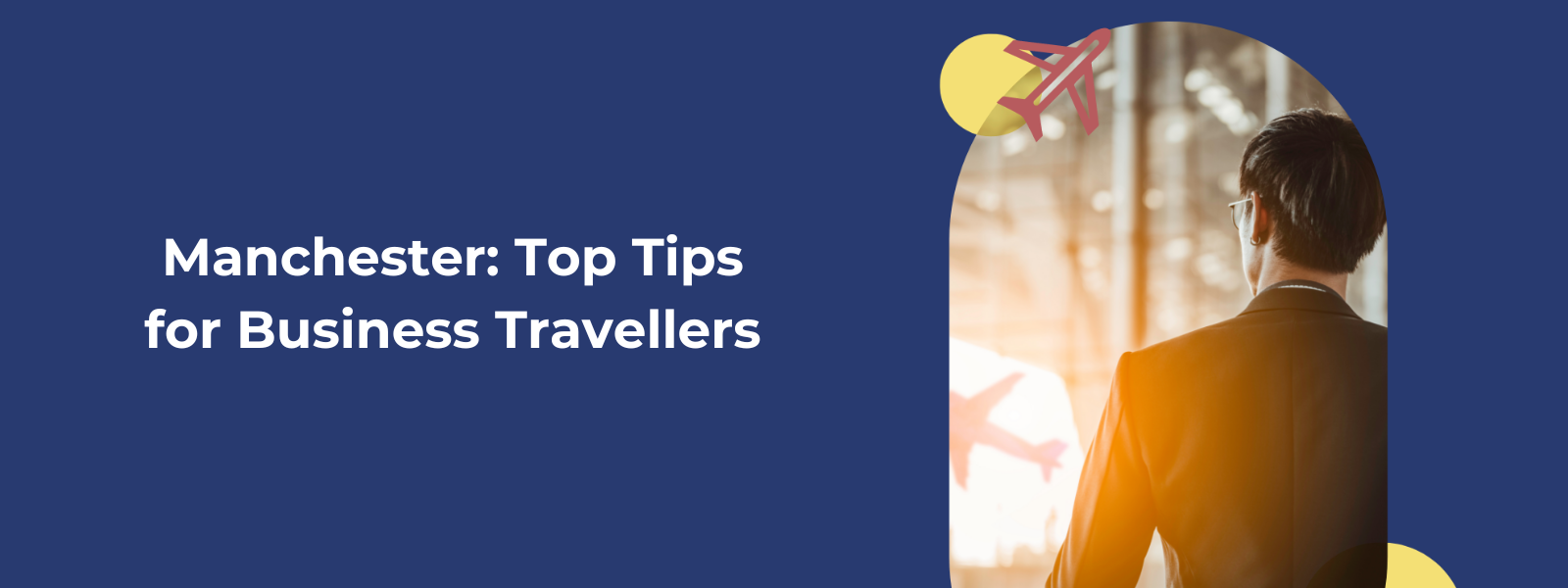The demand for efficient travel solutions has never been higher. As companies expand their reach across borders, often juggling complex multi-destination trips and last-minute changes, the need for seamless and effective travel management becomes paramount. This is where a business travel agent comes into play.
A business travel agent is not just a facilitator of bookings but a strategic partner in managing corporate travel, ensuring that every trip is optimised for cost, convenience, and productivity. But what exactly does a business travel agent do, and how can they assist your business?
Understanding the role of a business travel agent
A business travel agent is a specialised professional who manages the intricacies of corporate travel. Unlike a traditional travel agent who might focus on leisure trips, a business travel agent is well-versed in the complexities of corporate itineraries. This means they’re adept at tasks like coordinating multi-city international journeys with tight connection times, understanding nuanced corporate fare rules, and managing group bookings for conferences.
Their expertise covers everything from booking flights, trains and accommodation to navigating the often-complicated visa processes and arranging ground transportation. Their primary goal is to ensure that business travellers reach their destinations with minimal hassle and remain safe during their trip — allowing them to focus on their work rather than the logistics of travel.
At ACE Travel Management ATG UK, our dedicated travel experts are available 24/7 to handle these complexities with a personalised, high-touch approach tailored to your business policies and preferences.
Tailored travel solutions
One of the key benefits of working with a business travel agent is the tailored solutions they provide. They take into account your company’s specific needs, including travel policies, budget constraints, and individual preferences.
This personalisation ensures that travel arrangements align with the broader goals of your organisation, for instance, prioritising direct flights for time-sensitive executive trips, even if slightly more expensive, while finding the most economical routes for routine staff travel, all while adhering to cost-saving and sustainable measures or ensuring that executives travel in comfort.
At ACE Travel Management ATG UK, we take this a step further through our proprietary TravelSpace platform, which integrates booking tools, traveller profiles, policy documents, and sustainability metrics into one seamless experience.
Expertise and industry knowledge
A significant advantage of employing a business travel agent is their deep industry knowledge. Business travel agents have access to the latest information on airlines, hotels, and travel trends, which they use to secure the best deals and ensure smooth travel experiences.
They are often privy to exclusive rates and offers that are not available to the general public, further optimising your travel budget. Moreover, their experience enables them to anticipate and mitigate potential issues, from flight cancellations to hotel overbookings, ensuring that your business trips proceed without disruption.
Imagine a scenario: a major conference is looming, and your preferred hotel is fully booked. A business travel agent, leveraging their network, might secure a block of rooms at a comparable nearby hotel at a negotiated rate, or even find availability at the original hotel through channels not open to the public, saving your team significant stress and time.
Thanks to our membership in the Advantage Travel Partnership, ACE Travel Management ATG UK has the buying power and airline relationships, enabling us to secure exclusive rates, upgrades, and perks other providers often cannot offer.
The benefits of using a business travel agent
Engaging a business travel agent offers a multitude of benefits, each contributing to the overall efficiency and effectiveness of your corporate travel programme.
Cost efficiency
One of the most compelling reasons to utilise a business travel agent is the potential for cost savings. With their extensive networks and insider knowledge, business travel agents can secure discounted rates for flights, hotels, and car rentals.
They are skilled at finding the most cost-effective options that do not compromise on quality, ensuring that your company receives the best value for money. While specific savings vary, many businesses report significant reductions in their overall travel spend, often ranging from 10-20% (according to various industry studies), simply by leveraging a business travel agent’s ability to access negotiated fares and preferred rates.
Additionally, they monitor travel expenses, helping to identify areas where costs can be reduced without affecting the traveller’s experience. Think of the savings accrued not just from a cheaper flight, but from avoiding last-minute premium prices because travel was booked optimally in advance, or by bundling services.
ACE Travel Management ATG UK enhances cost efficiency through predictive analytics and supplier benchmarking tools that identify leakage, maximise value, and help us negotiate smarter deals on your behalf.
Time savings
Managing corporate travel can be a time-consuming process, particularly for organisations with frequent travellers. A business travel agent alleviates this burden by handling all aspects of travel planning, from researching the best routes to making bookings and processing expense reports. Consider the hours an internal admin or the travellers themselves might spend trawling through multiple websites comparing options for a multi-leg trip versus a business travel agent, which can often present optimal choices within minutes.
This allows your employees to focus on their core responsibilities, increasing overall productivity within your organisation.
Enhanced traveller support
Business travel is often unpredictable, with changes to schedules and unexpected challenges being commonplace. A business travel agent provides 24/7 support to address any issues that arise during travel.
Whether it’s rebooking a flight due to a delay, finding alternative accommodation, or arranging emergency transportation, having a dedicated professional on hand offers peace of mind and ensures that disruptions are handled swiftly.
With ACE Travel Management ATG UK, every client has direct access to a team of advisors who know their travel preferences, policies, and profiles — ensuring personalised and proactive support at every step.
Policy compliance
For companies with established travel policies, ensuring compliance can be a challenge. Business travel agents help enforce these policies by booking within the guidelines and offering solutions that meet corporate standards. For example, they can configure booking tools to only show options that meet pre-defined criteria (e.g., specific airlines, hotel star ratings, or price caps for certain routes), flagging any exceptions for approval.
This not only maintains control over travel spending but also ensures that all travel arrangements are made in line with company preferences and requirements.
Risk management
In an era where travel risks have become more prominent, having a business travel agent who understands the complexities of risk management is invaluable. They keep track of global events that may affect travel and provide guidance on travel safety.
Should an emergency arise, they coordinate with travel insurers and other relevant parties to manage the situation, safeguarding the well-being of your employees. For instance, in the event of a natural disaster or sudden political instability in a region where an employee is travelling, a business travel agent can proactively track their location, provide timely alerts, and assist with emergency evacuation or rerouting if necessary.
The strategic value of a business travel agent
A business travel agent is far more than just a booking service. They are strategic partners who bring expertise, efficiency, and support to your corporate travel programme. By leveraging their services, companies can not only save time and money but also enhance the travel experience for their employees, ensuring that business trips are as productive and stress-free as possible.
At ACE Travel Management ATG UK, we do all of this and more, bringing together care, climate, and cost — the 3 Cs of our travel management philosophy — to deliver bespoke, sustainable, and ROI-focused travel programmes that evolve with your business.
Are you ready to optimise your corporate travel programme? Contact us today to discover how our business travel agents can streamline your travel management process and deliver results for your organisation.









